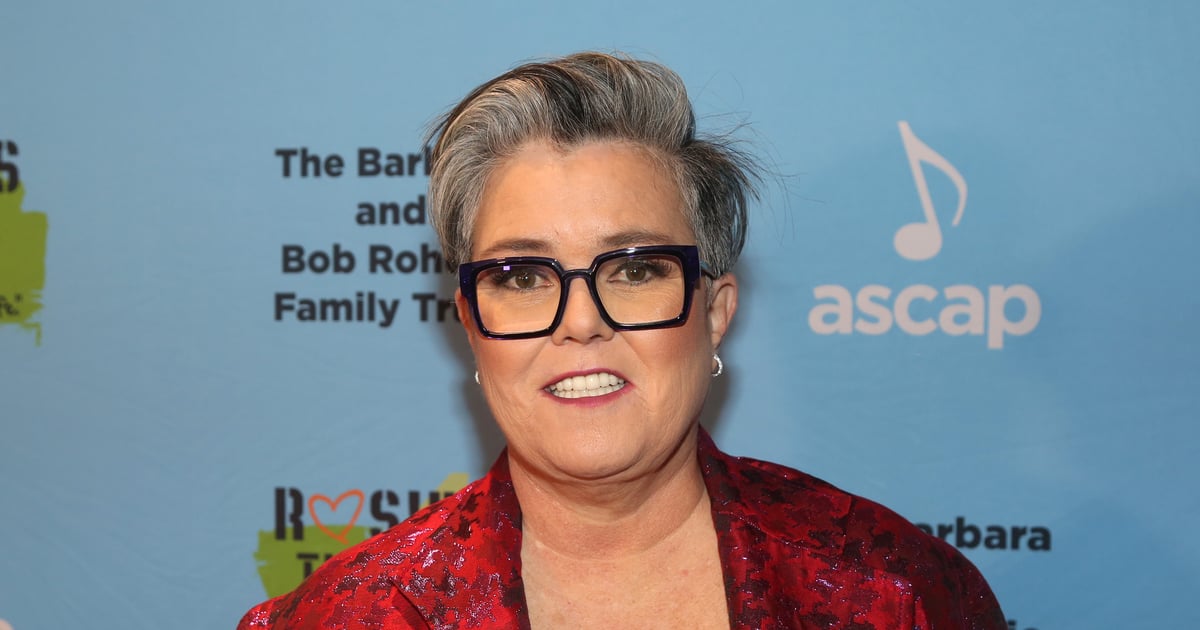In a personal essay for People, Rosie O’Donnell opens up about the highs and lows of raising her daughter Dakota, who was diagnosed with autism when she was 2 years old. “Somewhere deep down I knew [she was autistic],” O’Donnell writes. “Getting the diagnosis felt like I was punched in the stomach. I had to give myself a moment to go, ‘Okay, we’re going to figure out how to get through it.'” By the sound it, O’Donnell is doing just that.
Dakota first started showing signs of autism when she was 1 year old. When O’Donnell and Dakota were watching “Frozen,” the mom witnessed her daughter’s first word (which was actually a sentence). Right before the famous Olaf line, “I’ve been impaled,” Dakota recited, “I been . . . pale,” having memorized the line from a previous watch. Dakota also engaged in something called stimming, which refers to repetitive or self-soothing movements and noises that often accompany autism (but that anyone can engage in).
“Figuring out” her daughter’s diagnosis looks different each day. Dakota is now 9 years old, and she has come a long way since she was 2. “You can read as much as possible, but they say when you meet one person with autism, you’ve met one person with autism. It’s a spectrum. For me — it’s like an angel fell into my life. One who doesn’t function by societal standards.” To make up for the societal standards that may not take autism into account, O’Donnell found a school in Los Angeles that embraces Dakota’s neurodiversity and helps nurture her properly.
But learning happens outside the classroom, too. In her essay, O’Donnell recalls a drive home where Dakota claimed to have drops of water spilling on her cheeks. When she looked back to see her daughter, O’Donnell noticed she was crying. The mom used the moment to teach her daughter about expressing emotions, and these moments teach O’Donnell something too. “With Dakota, I am learning to have compassion much deeper than I ever did,” she tells People in the introduction to the essay. “To really listen and communicate in a way I never had to with my other kids. I know there are people struggling and they don’t know how they will get through another day. And I understand. But the sense of vulnerability that comes with having a kid with autism has been a gift to me. She teaches me.”
